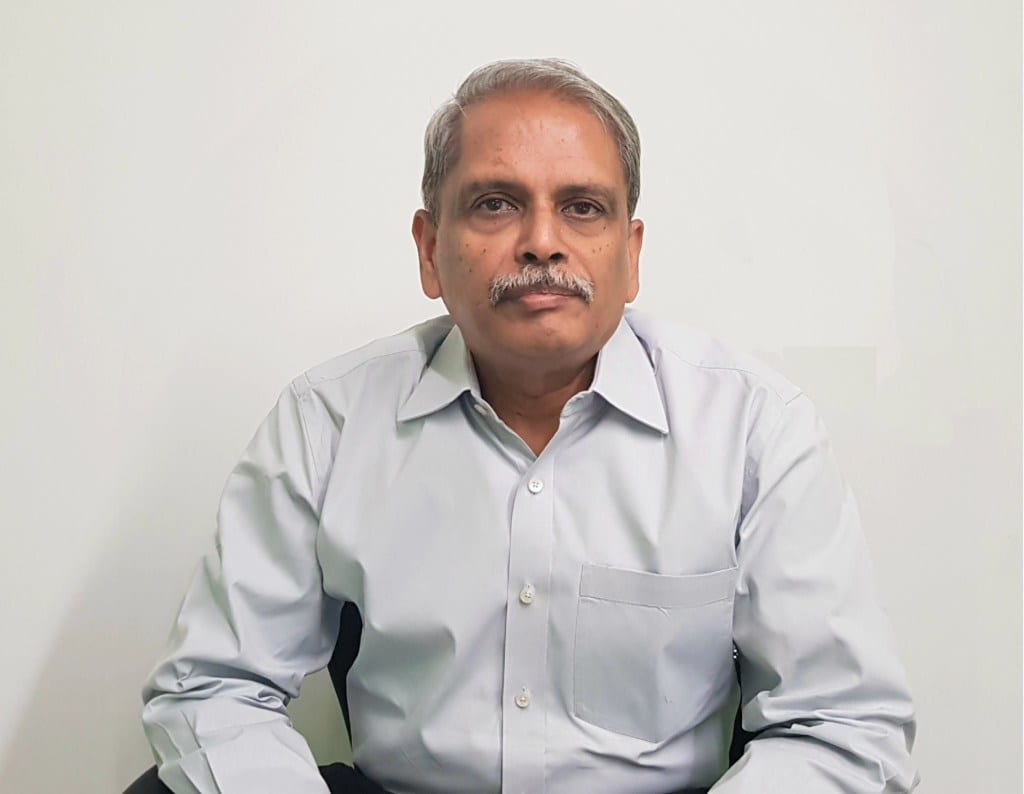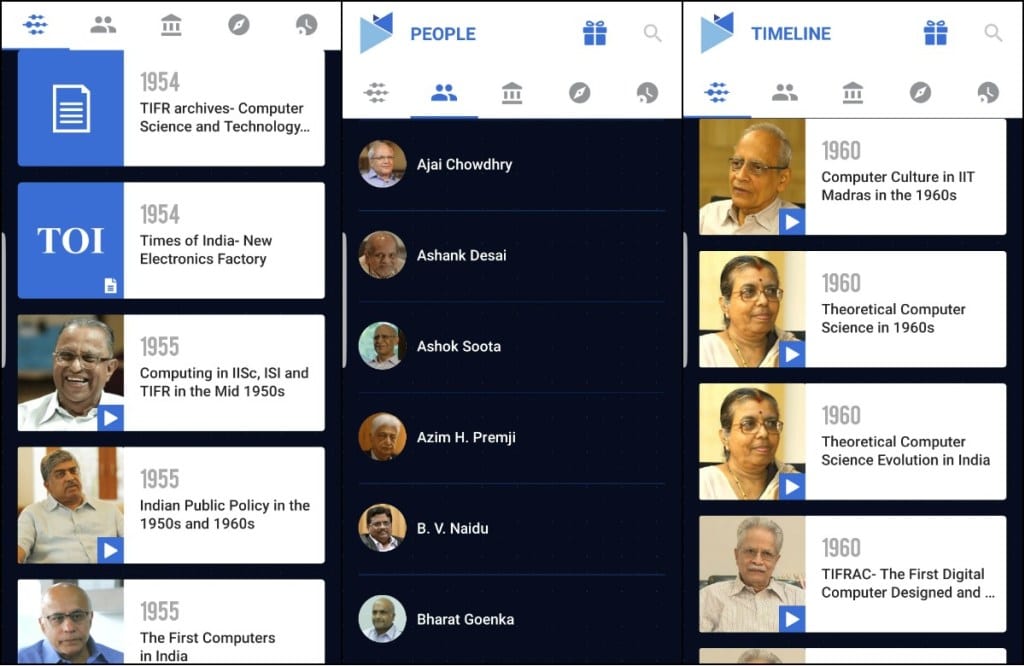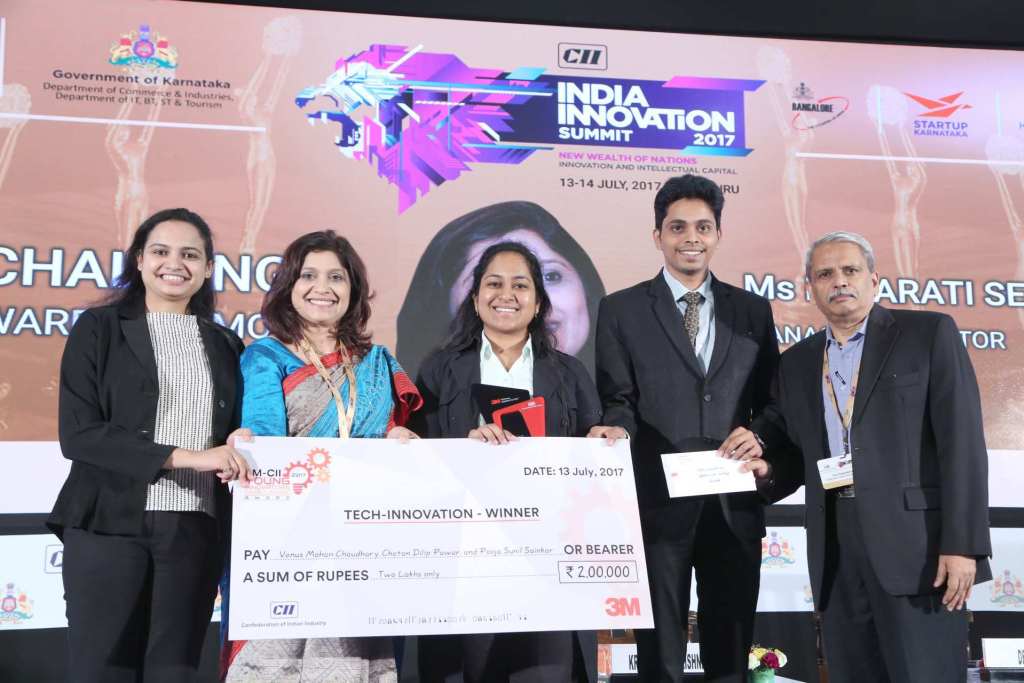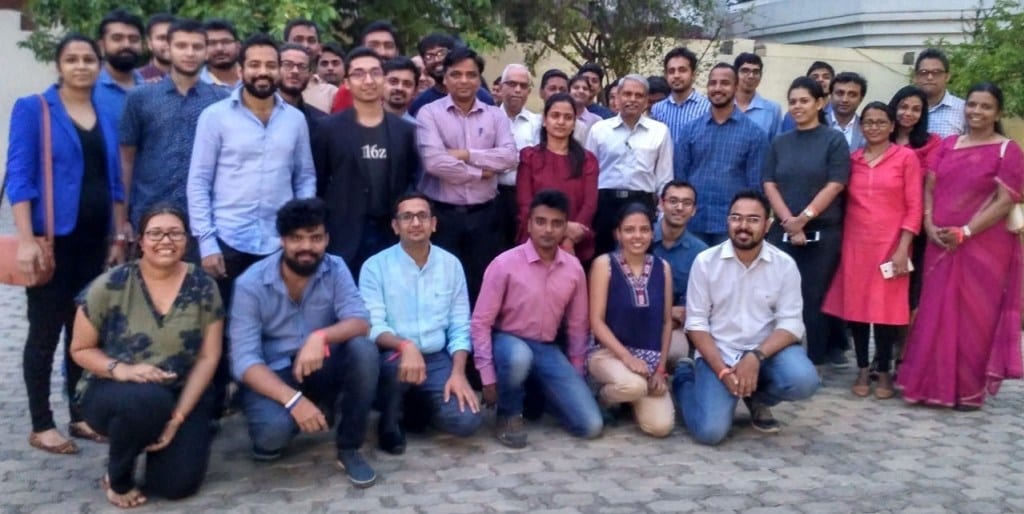Kris Gopalakrishnan (Co-founder – Infosys & Chairman, Axilor Ventures) is devoting all his efforts and a considerable sum of money into putting India in the lead of changes driven by technology by focusing on the entire value chain – tertiary education, research, innovation, and entrepreneurship. He wears multiple hats – he’s the industry’s innovation evangelist, an investor, a mentor and one of the biggest individual philanthropic funders of scientific research in the country – his family’s Pratiksha Trust has given over Rs. 300 crore to various research activities. He’s also helped tribals grow and sell award-winning coffee and conceptualized an app that tells the story of Indian IT.


The Itihasa App chronicles the spectacular rise of Indian IT, with first person accounts by the people who made it happen.
In the paradigm shift that AI/ML has brought in its wake, every aspect of our life will change in the next 20 – 30 years. For India to lead, we need to create new models and new businesses.
Just a Quick Note:
InnovationsOfTheWorld.com has partnered with Trade License Zone (TLZ) to support global innovators looking to expand internationally. Take advantage of the UAE’s Free Zones—enjoy streamlined setup, low corporate taxes, and a strategic gateway to the Middle East and beyond.
Get Your UAE Free Zone License Fast & Easy!– Kris Gopalakrishnan, Co-founder – Infosys & Chairman, Axilor Ventures
Kris Gopalakrishnan tells Sandhya Mendonca why he’s doing what he’s doing. “Research and innovation are very important for the growth of a company, an industry and a nation. India spends just 0.6 to 0.7 % of GDP on research. If we want to develop as an economy, leveraging knowledge and IP, we must do basic research and application research here in India.
Positive contribution
I firmly believe that world-class research can be done in India and I am hoping that we will be able to demonstrate that. A larger number of people working on a problem will result in a quicker solution and India participating in research lowers the cost, because we are a lower cost economy.
I support research on two aspects of the brain: new models of computing that are inspired by the brain, and the ageing of the brain with age-related disorders like Alzheimer’s, Parkinson’s, dementia. I wanted to address an issue that is global, that is very large, and leverages on our understanding of the brain. India has about 4 million people who have Alzheimer’s and it’s estimated there will be 10 million in the next 20 years. This poses a huge social cost, not just to the nation and to the health care system, but also to the family.
We are using two different models for research. In the area of brain and computing, we are seeding the groups in India with leaders in research outside India. We have six Chairs, three at IISc, three at IIT-Madras, and about 45-50 people are working in this area in these institutions. On the clinical side, we are going the traditional route by setting up a Centre for Brain Research.


Powering startups
A nation needs to spend money on research and must also encourage entrepreneurship, to take these research ideas to market through business formation. I work with the ecosystem to create incubators, accelerators, and work with the industry body CII and the government to look at the right set of regulations. I fund startups through the 9 funds in which I am an investor and through Axilor, we fund 65 companies and I mentor a few startups.
In 2018, for the first time, the amount raised by startups through private funding exceeded the amount raised by business through IPO. This shows the potential for startups and that India is switching to an innovation-led economy. We have to do the right things; just like the US did – by creating an economy driven by innovation and entrepreneurship, it became the largest economic power in the world.
India has the potential to be that and the beauty of this is that you don’t need to do much. Working in the IT industry, I have learnt that you need to have a light set of regulations, not heavy. In about 30 years, we have created a world-class industry in India employing 4 million people with a revenue of $170 billion. If you look at the top ten IT services companies in the world, you will find 4 or 5 from India. We have created tremendous amount of wealth (and I am a beneficiary of that). The IT industry is by and large well-governed and has provided good leadership. We can do it, again and again.

We need to take entrepreneurship to Tier 3 & 4 cities and to rural areas. There are huge opportunities for entrepreneurship in farming; the Naandi Foundation, which has helped 10,000 tribals in Araku valley grow organic coffee uses the farmer producer organization (FPO) model of Amul. This can be replicated.
We are at a very interesting stage in the area of innovation at this point, and every industry will change. I can’t think of a sector which is not going to be disrupted. We need to probably redesign our cities to reduce pollution; people will live and work in the same place, so transportation itself will change. Health care as we know it will change. The new model will be to manage health in such a way that you don’t fall sick, and going to a hospital will be an exception.
The technology of AI & ML is as fundamental as the digital computer was 50 years back and will disrupt everything. Hopefully, we get to help some Indian companies benefit from this. You need to believe that you can do it –and you will succeed. Be it in research, in agriculture, or in the IT services industry.”













